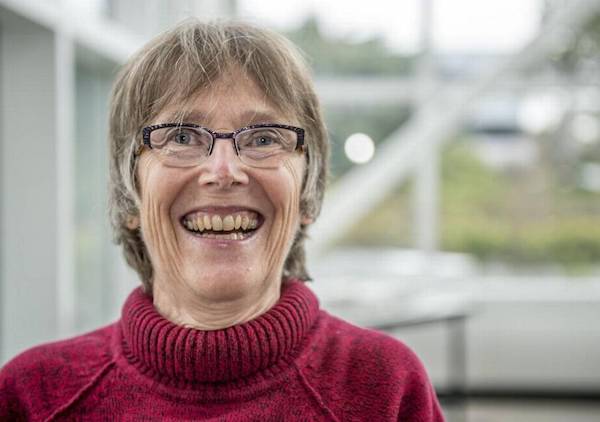
We sat at the kitchen table with coffee and the forms. My father-in-law, Wally, had summoned me to help him fill out one of those “living will things.” We talked about what was important to him, now that he was in his 80s.
He was clear. “I’ve had a good life. I’ve never buried a child or a grandchild. When it’s time for me to go, I don’t want one of those young doctors trying to save me.” His main wish for health care at the end of his life was to be pain-free.
However, Wally’s gift to his family was not just the paper we filled out that day. His larger gift was the conversation he had many times with the family about his wishes.
When the time came that he was unable to speak for himself, and the doctors wanted to place a feeding tube to prolong his life, we were all on the same page. As my mother-in-law said, “Wally wouldn’t want that.”
With the support of hospice, he was able to say good-bye to his children and grandchildren and dispense a few words of wisdom. I remember that he advised our son with a chuckle, “You go to college. That’s good. But someday you need to get a job.” He died peacefully with all of us at the bedside.
When I meet people and tell them that I’ve worked in hospice and end-of-life care for many years, they often open up with their own stories. Unfortunately, too many of them do not end with, “I was able to carry out Mom’s wishes.” Instead, they are descriptions of having to make harrowing decisions for a loved one in the moment of crisis. I think about the son whose mother had a major stroke and was in a coma. He was told by the neurosurgeon that they would have to do surgery or she would die. What child wants to say, “No, let Mom die.”
They did the surgery and she died six weeks later, among the tubes and medical apparatus of an intensive care unit. To this day, he second-guesses whether he made the right decision. “Her last weeks of life were horrific.” When I’d asked him if he had ever talked with her about what she might want, he’d shrugged and said, “It never came up.”
We live in an era of incredible medical advances. We can replace kidneys, hearts, knees and hips. We have pacemakers, effective heart medications and all sorts of treatments for failing systems. What we usually don’t have are honest conversations about the treatments and what they might mean for the quality of life. To the son whose mother died in the intensive care unit, no one said, “If your mother survives she will likely be bedridden and comatose for the rest of her life.”
I am a proponent of doing four things regarding end-of-life care. First, sit down at the kitchen table with your family and have an honest conversation about what quality would mean for you if you weren’t able to speak for yourself. Second, name your health care power of attorney — the person who would speak for you — and give them your blessing that you will trust their decisions. Third, fill out an advance directive (the living will.) And fourth, do this now rather than waiting for a health care crisis.
I know, from years of working in the medical system, that in the moment when difficult decisions have to be made, very few doctors will seek out the health care directive document and say, “This is what your loved one wanted.” More likely, they will look at the family members and ask, “What do you want to do?”
In fact, when it came time to make decisions for Wally, we couldn’t find the health care directive. But the family knew what he wanted and we provided a united front regarding his wishes. Two weeks after he died, we finally found the form — in my mother-in-law’s underwear drawer. By then, though, Wally had already given us his gift.
Complete Article HERE!
